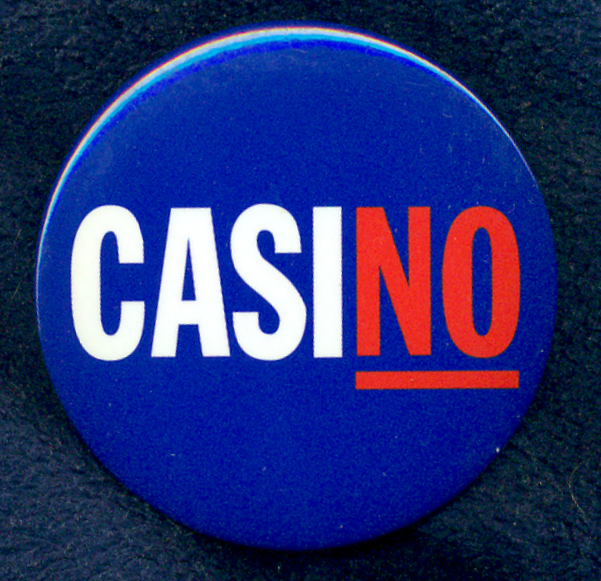Recently, the Union Leader ran this editorial against expanded gambling stating:
It is ironic that Republicans are pushing casino gambling bills, as casinos would destroy the incentive for legislators to behave like Republicans . . .
Casinos would erase the discipline Republicans just imposed on the state budget, and any incentive to be disciplined in the future. We would go from a state that believes “low taxes are the result of low spending” to one that believes “low taxes are the result of lots of casinos.” It would be a permanent — and negative — change in New Hampshire’s culture. All for money we don’t need anyway.
Cornerstone agrees with the Union Leader and below is a list of more reasons to oppose expanded gambling in New Hampshire:
- Legalized gambling is driven by and subsists on greed: For this reason, the activity is morally bankrupt from its very foundation. Gambling is also an activity which exploits the vulnerable — the young, the old, and those susceptible to addictive behaviors. Further, gambling entices the financially disadvantaged classes with the unrealistic hope of escape from poverty through instant riches, thus ultimately worsening the plight of our poorest citizens.
- Legalized gambling undermines the work ethic: It is based on the premise of something for nothing, a concept that sanctions idleness rather than industriousness, slothfulness instead of initiative.
- Legalized gambling creates gambling addicts: An abundance of research and expert testimony demonstrates that as gambling expands, so does the number of those with serious gambling problems. Millions more Americans have developed devastating gambling addictions over the last few years as a direct result of gambling’s rapid proliferation. Further, these newly created addicts are the lifeblood of the industry.
- Legalized gambling breeds crime: Communities that welcome gambling also welcome an increase in crime. Much of this is attributed to the newly created gambling addicts who, in desperation, turn to crime to finance their addiction. Also, legalized gambling makes an attractive target for career criminals. Organized crime has infiltrated numerous legal gambling operations in various states in recent years.
- Legalized gambling is an economic negative: Gambling often hurts, not helps, existing businesses by siphoning away discretionary dollars that might otherwise have been spent at local shops. Also, the economic costs associated with gambling — such as losses due to crime, additional law enforcement costs, gambling addiction treatment costs, and lost work productivity — are staggering, often far exceeding a state or community’s total revenues from gambling.
- Legalized gambling devastates families: Authorities in gambling jurisdictions report dramatic increases in divorce, suicide, bankruptcy, and child abuse and domestic violence related to gambling. Research shows that children of gambling addicts experience lower levels of mental health and physical well-being.


